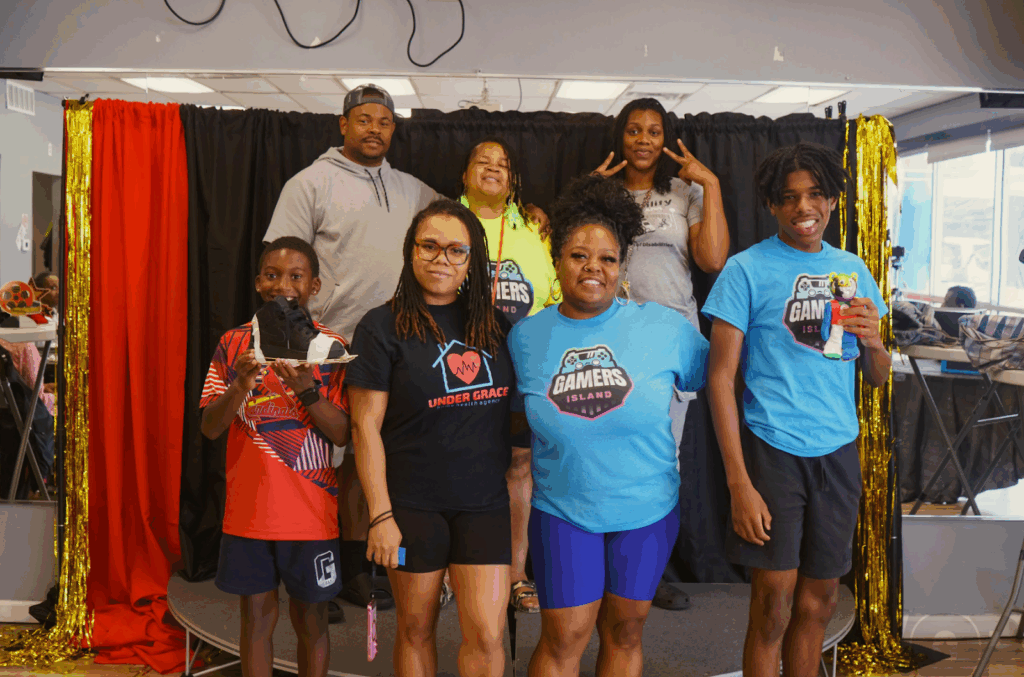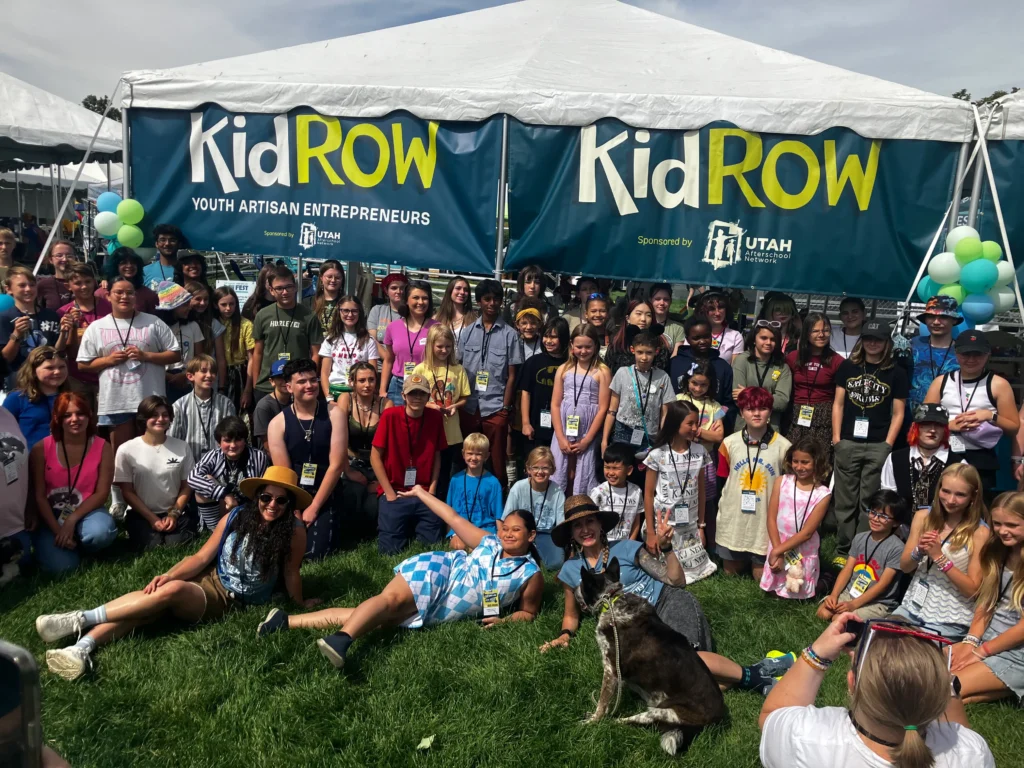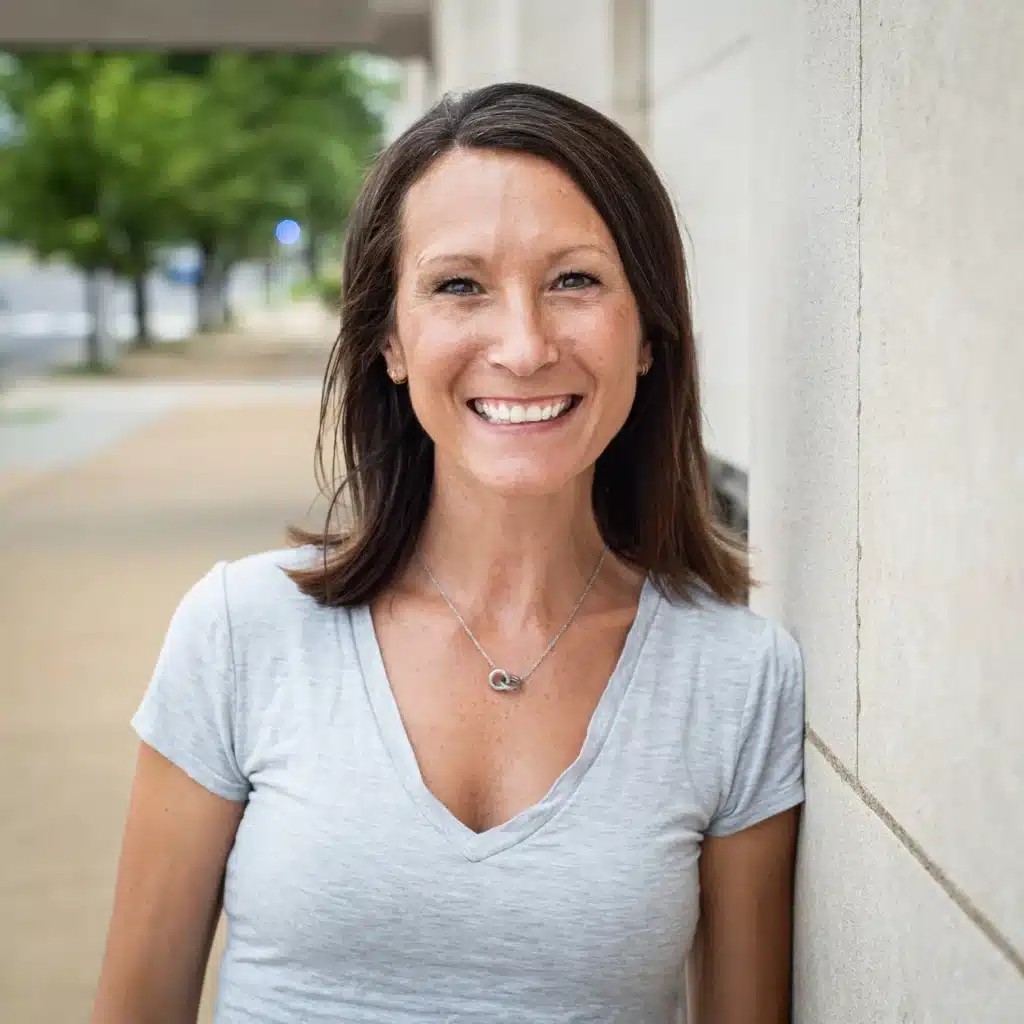
Cultivating a Growth Mindset
Dr. Cristal Glangchai |
November 7, 2017
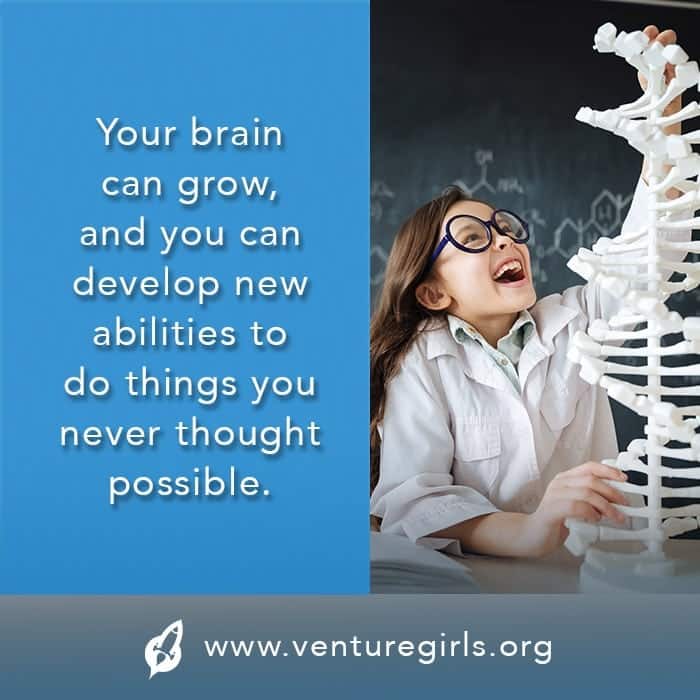
Your brain can change. It can grow. You can develop new abilities to do things you never thought possible.
At VentureLab, we begin each entrepreneurial course with these types of thoughts. We encourage children to work through their fear of failure and dispel notions of their own “weaknesses,” pessimistic preconceptions, and subconscious thought patterns that can hold them back. After all, if you are going to take on unfamiliar new projects, doesn’t it make sense that your brain needs to kick in with more brainpower?
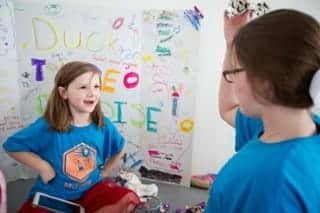
What we teach at VentureLab is the growth mindset that the brilliant psychologist Carol Dweck conceived and has written about, especially in her celebrated book, Mindset: The New Psychology of Success.
Despite the new insights into how the brain can change, many children (and their parents) believe that intelligence and abilities are predetermined or “fixed.” Children may think of themselves as “bad at math,” “not smart,” “lousy at chemistry”—and that their shortcomings are innate, unchangeable. Even children who believe they are intelligent can be resigned to being poor at certain subjects. And insidious gender bias doesn’t help. Think, for example, of the talking Barbie doll of the 1980s, purring “Math class is tough!” This unfortunate attitude certainly doesn’t help matters for girls.
But a growth mindset incorporates what neuroscientists tell us about the plasticity of our brains.
“Plasticity [is] an admittedly ugly term used to describe the very beautiful fact that the brain actually changes in response to its own experience,” says neuroscientist Dr. Lise Eliot, author of Pink Brain, Blue Brain.
“Our brains are fantastically capable of modifying themselves to the job at hand,” Dr. Eliot says. “Every physical feature of the human nervous system…responds to life experiences and is continually remodeled to adapt to them. Plasticity is the basis of all learning as well as the best hope for recovery after a brain injury. And in childhood, the brain is far more plastic, or malleable, than it is at any later stage of life—wiring itself in large measure according to the experiences in which it is immersed from prenatal life through adolescence. Simply put, your brain is what you do with it.”
In contrast, a fixed mindset is the antithesis of entrepreneurial education. It limits a child’s possibilities.
What are your thoughts? Have you noticed that the brain can change in response to experiences? Have you noticed this in either yourself or in the girls in your life? Thank you for sharing!

